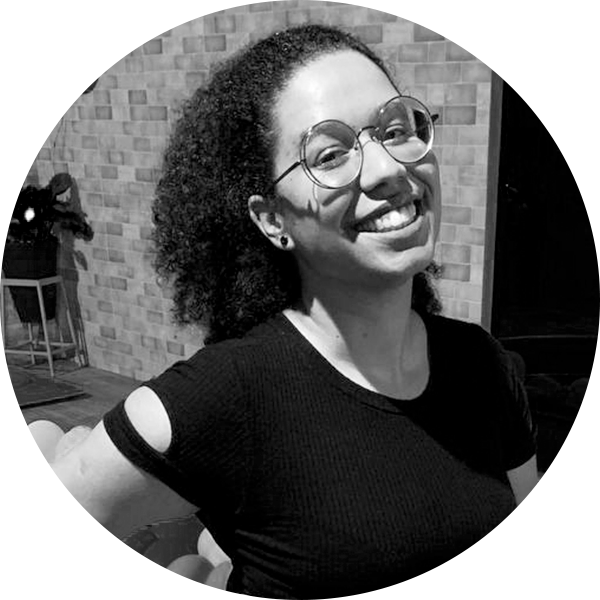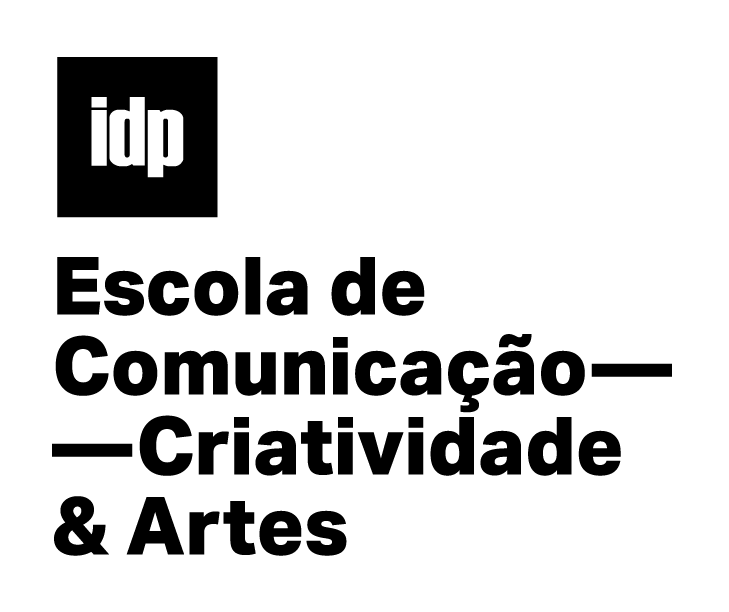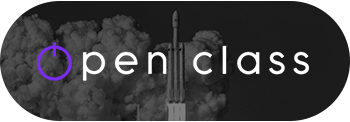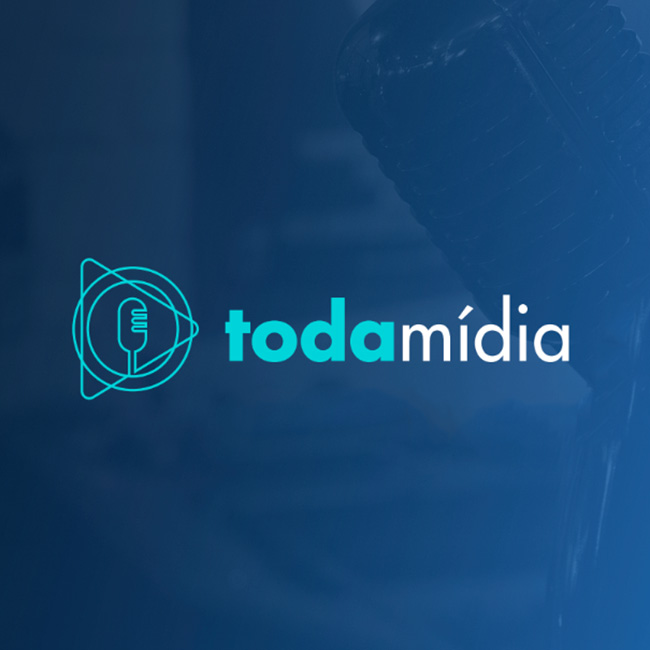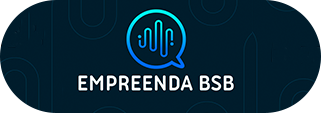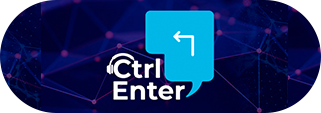It's nothing new that technology has facilitated access to news and, consequently, the speed of propagation. But with this new way of consuming information also came fake news . After all, who has never received that message in the family group saying that anise tea kills coronavirus?!
I've asked myself a lot at what point in life did this wave of fake news start to have so much strength. My social bubble makes me think that it is very simple to identify fake news, but in practice it is clear that it is not that simple. 🙃
Tell me, do you often spread a story without knowing if it is true or false? It could be something “silly”, like, for example, your cousin breaking up. If your answer was no, now tell me, why in other areas do we leave aside checking the news?! So now let's move on to Jessica's tip:
- Always check which website the news was published on and look for it on other news portals.
- Don't share the news until you're sure it's true.
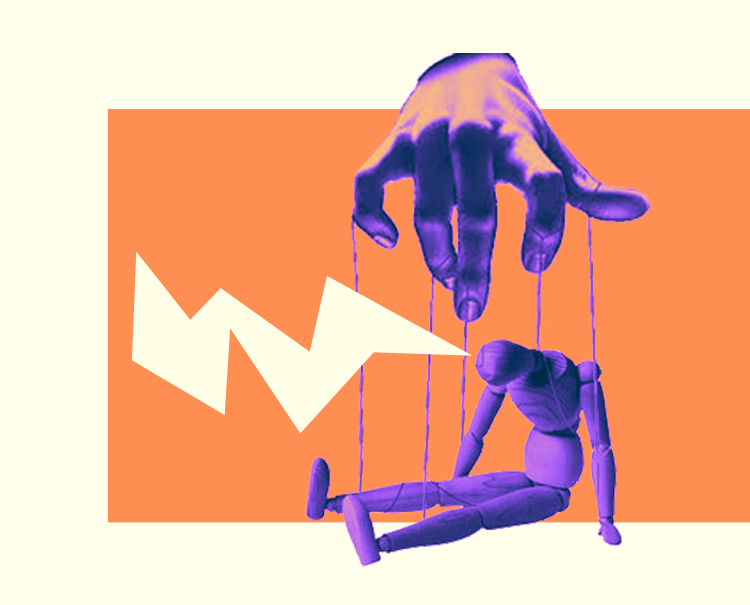
If we remember, it is easy to remember many events surrounded by fake news here in Brazil and around the world. Whether they were those that gained a large proportion during the last elections or those that made mention of the pandemic that we are experiencing in 2020.
One truth is that this wave of fake news ended up further polarizing the internet, especially on topics related to the coronavirus. This division was so great that, at a certain point, we became two groups: “If Átila said it, I believe it” or “Ah, his data is exaggerated”.
Which consequently reflects the political division that we are seeing increasingly strong since the wall that was placed in front of the National Congress during demonstrations against and in favor of the impeachment of former president Dilma Rousseff.
But 2020 brought a greater warning about the creation and shooting of fake news, so much so that biologist Átila Iamarino was chosen by the Superior Electoral Court (TSE) as spokesperson for the campaign against fake news during the municipal elections in 2020. In addition, there are also portals that verify the veracity of information, a good example is Agência Lupa, the first to specialize in fact checking in Brazil.
Use technology to your advantage
Now the agency has something new in addition to the website that checks the news daily. A tool has been launched for WhatsApp that will help when verifying information. To use this new tool in your application, simply add the number +55 21 99193-3751 to your contacts. Check out step-by-step instructions on what to do next.
